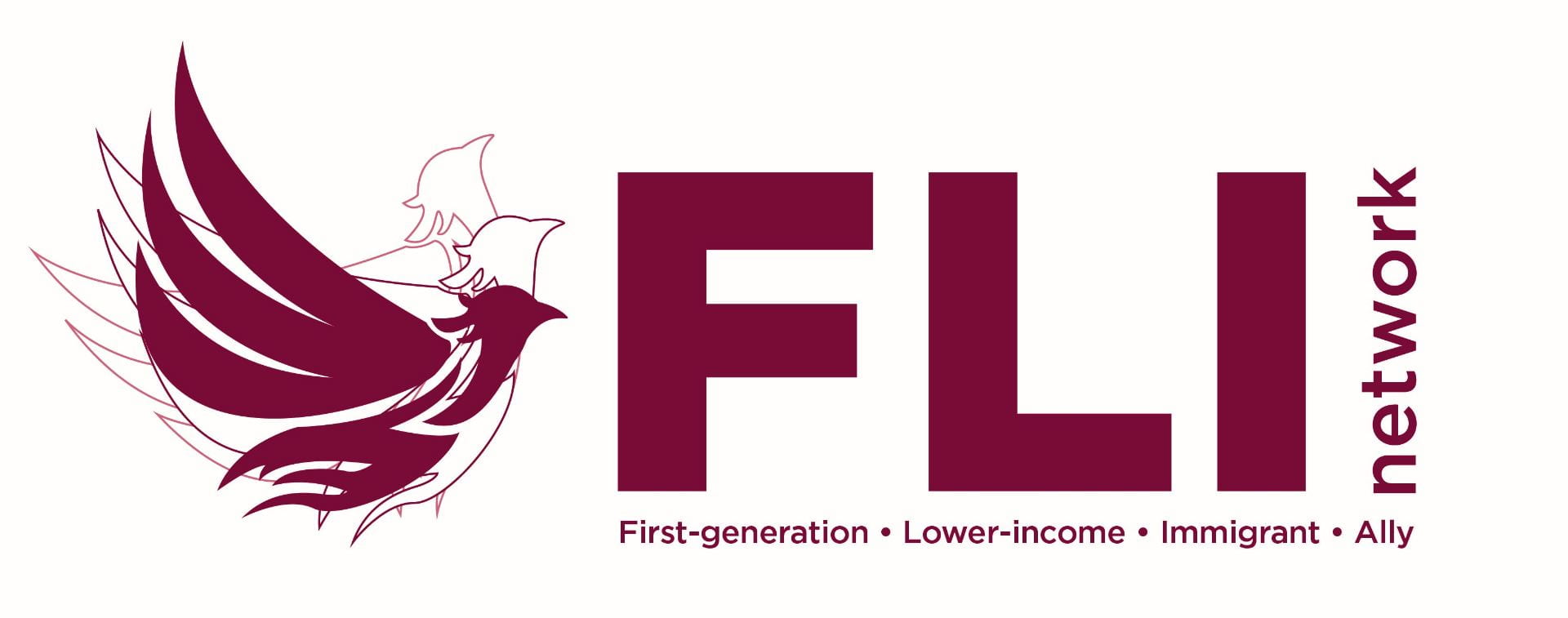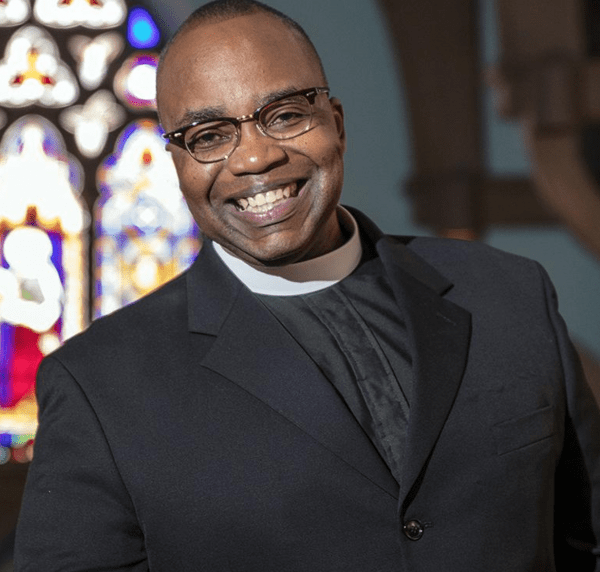Bio: Rev. Dr. Maurice Charles is the dean of Rockefeller Memorial Chapel at the University of Chicago. He grew up in East Cleveland and earned his Bachelor’s degree from Case Western Reserve. Rev. Dr. Charles earned his MDiv’90 and PhD’13 from the Divinity School, and prior to his return to the University, he was the dean of spiritual engagement and chaplain at Hobart and William Smith College in New York.
As a first-college graduate, he understands the struggles of navigating College, handling family pressures, and finding the funding to support an academic career. Since his return, he is committed to working with students who are facing the greatest challenges. He believes that these students often hold the most promise, and he wants to make sure they know that about themselves.
Q: Are there any specific resources on campus that you would like current students to know about?
I would like students to know about my office, The Rockefeller Chapel. I know students often hesitate to come in and talk to the Dean of the chapel because they might not be religious, but I want them to know that I speak with people about many different topics, not only religion and spirituality. I often talk to students about hard topics like intersectionality and sexual orientation and aid them in finding a vocation that aligns with their own personal values.
Our offices are available to everyone during times of crisis. I especially enjoy talking to the FLI students on campus. We have a spiritual office where students are able to use the space for study sessions, mediation, and yoga. Currently, our services are being offered online. You can find more information and resources at: (spirit.uchicago.edu).
Q: What advice can you offer current FLI students?
“If you knock on people’s doors you will find an openness that you might not have expected.”
I would encourage students to be proactive about knocking on faculty and staff doors when they need assistance and guidance. Take advantage of your professors’ office hours. I found that attending office hours helped me throughout my college career. The relationships I built with my professors allowed me to gain exposure to opportunities that I wouldn’t otherwise know. Many FLI students would be surprised at how many FLI faculty and staff members exist on campus.
Q: What is one change you wish to see during your time at the University of Chicago?
One of my biggest concerns arose after the 2016 campus climate survey. The level of dissatisfaction among the campus’ Trans and Black communities was very surprising. I hope the university continues to communicate and work with these communities in order to truly address their concerns. I would like to see this university take very seriously what the people who are the most marginalized have to say about the campus’ environment.
I would love our mindsets to switch from “how can we make this group happy” to “what wisdom do they have to offer us about who we are”. I believe there needs to be a shift in the University’s language on how it talks about inclusion. It should not be “I’m for transformation” rather “how can we transform”. Overall, I want openness. I believe the phrase we should retire from campus is “Oh, that will never happen.” This is a university where we create knowledge. The future is open.
Q: In what ways can the University build stronger connections with the surrounding communities?
For starters, we must continue to look around the room and ask ourselves who is missing. One of the things I’ve started to see since my return is that departments across the university are beginning to take the neighborhoods seriously. I’ve seen a shift from a “how can we help the community” mentality to “how can we partner up with the community.” We must look and treat surrounding communities as places of their own, with their own individual values, beliefs, and resources. We must realize that they are teaching us about Chicago, about their community and its needs. Since my arrival at the university, I continue to ask myself how the Rockefeller Chapel and its resources can be more accessible to the community.

